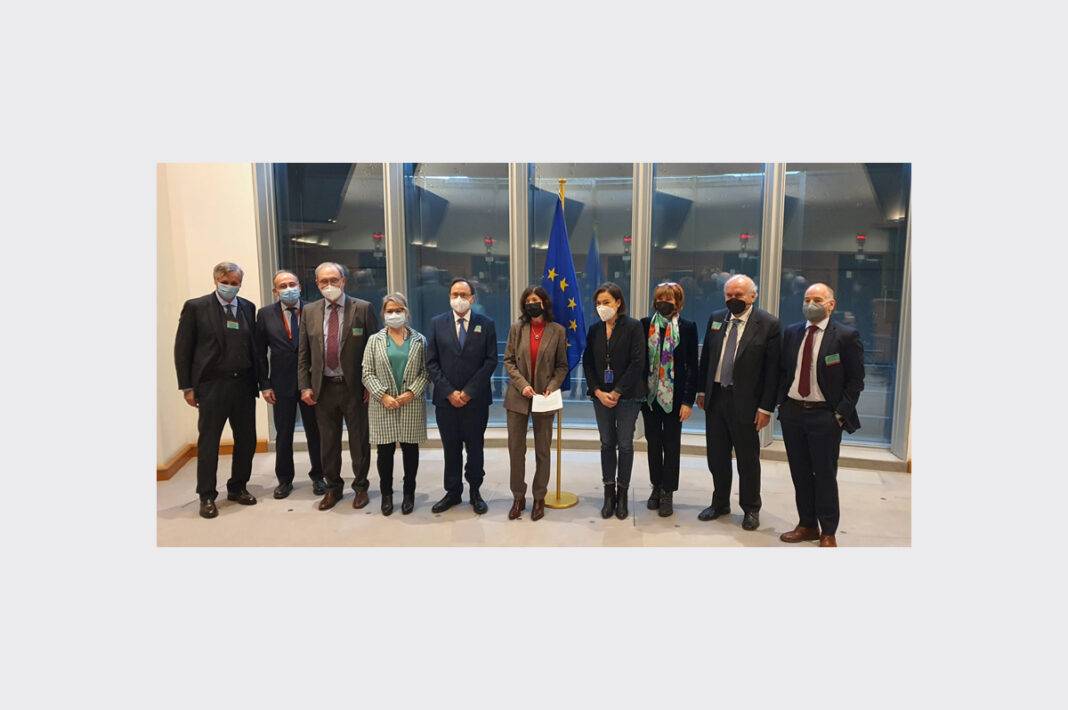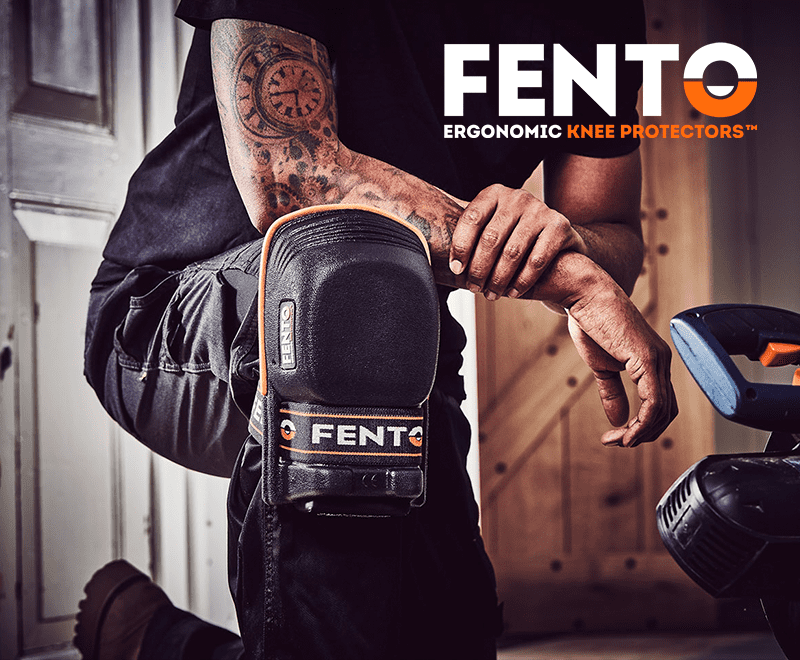Representatives of the Spanish and Italian ceramic tile sectors have met with the EU’s Directorate-General for Competition ito discuss mechanisms to reduce the impact of decarbonization.
Ameeting was held recently at the European Parliament between representatives of ceramic tile manufacturing industries in Spain (Vicente Nomdedeu, ASCER) and Italy (Giovanni Savorani, Confindustria Ceramica) and the Directorate-General for Competition’s Director of Markets, Energy and the Environment, Anna Colucci. The two men gave Colucci a first-hand account of the main threats faced by the tile industry in Europe.
Nomdedeu and Savorani were accompanied by MEPs Inmaculada Rodríguez-Piñero and Elisabetta Gualmini, and the Valencia Regional Minister for Finance & Economic Affairs, Vicente Soler.
The main issues tackled at the meeting were the need to establish a framework in guidelines on State aid for Member States so that financial support can be made available to industrial sectors that will not be able to accomplish decarbonization in the mid to long term. In addition, they lobbied for a mechanism to subsidize the green technologies used during the transition from the technically viable through to the economically viable stage.
During the meeting, the EU was handed a letter in which an urgent request was made for a review of ETS guidelines in order to include the ceramic tile sector among those sectors able to receive compensation for indirect costs.
“The ceramic tile sector’s exclusion from eligible sectors is an unacceptable mistake that prevents it from having adequate protection against indirect carbon leakage, and so it puts European tile companies in jeopardy,” both presidents stressed in support of the initiative by the two tile manufacturing associations.
The representatives of the Directorate-General for Competition received the requests by both industries and they will study their proposals. ASCER and Confindustria Ceramica took advantage of the occasion to issue a joint invitation to the European Commissioner for Competition, Margrethe Vestager, to visit the Castellón and Sassuolo tile clusters with her team. This invitation will be formally sent by letter in the next few days, with the backup of the regional governments of Valencia and Emilia Romagna.
In the words of Vicente Nomdedeu, Chairman of ASCER: “Problems with the emissions trading system (EU-ETS) are jeopardizing the competitiveness of European industry, seriously compromising its viability and endangering its survival and that of thousands of associated jobs. Efforts must be made by the European Commission and State governments to assist the manufacturing sector in the transition and a framework must be established so that compensatory aid can be provided at a State level for industrial sectors that will not be able to achieve the objectives set by the EU.”
The industrial representatives once again expressed their concern at financial speculation with the European ETS and the need to limit it to prevent this environmental instrument from becoming a mechanism that penalizes companies, hence failing to fulfil its goals.
“Financial speculation with emission allowance prices–which has pushed up the price of CO2 per tonne from €33 in January 2021 to the current figure of over €85–is detrimental to both the real economy, because this impacts financially on companies and workers, and to the environment, because it creates a barrier to market access for European tile products to the benefit of tile industries from outside the EU with lower levels of sustainability. This situation not only fails to solve the environmental problem, but it leads to a social one,” said Giovanni Savorani, Chairman of Confindustria Ceramica.
“It is fundamental for the Spanish public authorities to be able to assist our companies in guaranteeing the viability of the ecological transition and their continued competitiveness. To do so, we need the current framework for State aid to be modified so that the sector can receive compensation to guarantee the feasibility of the energy transition without European legislation being infringed. Likewise, the EU must approve different mechanisms to offset the high cost and impact of decarbonization in the short term,” said the Valencia Regional Minister of Finance. He went on to point out that: “The tile industry has demonstrated its commitment to the ecological transition and the fight against climate change on numerous occasions, as illustrated by the fact that it was the first industry to cut CO2 emissions by over 60% by replacing coal with natural gas in the 1980s.” He therefore called for “concerted efforts to make the transition viable without this implying the closure of our tile companies”.
For MEP Inmaculada Rodríguez-Piñero, it is very important to get across a clear message to Brussels, backed up by data on the problems faced by the sector so that the European Commission understands them. “This is the only way for those who regulate the rules of the game to empathize with the situation and to take steps to help our companies and workers in the transition to sustainability, without leaving anyone behind,” she explained. “I think the meeting has been very positive and we have clearly raised the need for States and self-governing regions to be able to collaborate with companies in this very complex scenario. We will continue to come here and to uphold what we think is fair.”
Effective dialogue
“I’m very satisfied with the effective ongoing dialogue we have entered into with the European Commission” said Elisabetta Gualmini, MEP. “The meeting with Vestager’s cabinet was helpful but it’ll be necessary other meeting about these ítems. We have requested a review of the European Emissions Trading System (EU- ETS) and the insertion of a review/safeguard clause if the costs of achieving the emission reduction target surpass the established sustainable alert level for the whole tile industry.
Ceramic tiles companies, which are often SMEs, account for just 1% of CO2 emissions and yet they are heavily affected by European legislation and by the distortion of competition when emissions are relocated to countries with laxer legislation. Aid and compensation must be established for sectors that seriously wish to tackle the ecological transition at a time when electricity costs have undergone an exponential rise (+572% in comparison with pre-crisis periods). It is a question of helping businesses to achieve green goals instead of punishing them, given the inevitable knock-on effect that this has on employment levels and workers.”
The Sassuolo and Castellón tile clusters are the most important in the European tile supply chain. In conjunction, the two national industries had a turnover of over almost 9,000 million euros in 2020 and generated direct employment for over 35,000 people.









